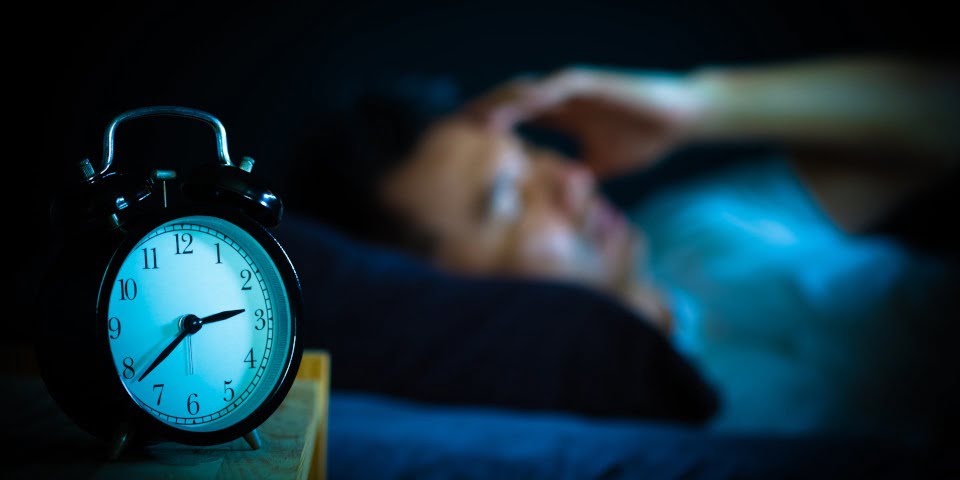A Flinders University sleep researcher is calling on volunteers suffering from both insomnia and sleep apnoea, to help solve the complex problems resulting from these twin disorders.
An estimated 1 million Australian adults have COMISA – co-morbid insomnia and sleep apnoea – but Dr Alex Sweetman of Flinders University’s Health and Medical Research Institute (Sleep Health) says the ties that bind these two debilitating sleep disorders are widely misunderstood.
“Insomnia and sleep apnoea have previously been viewed as completely separate conditions, however my research has shown that they frequently co-occur,” says Dr Sweetman.
Worse still, people with both conditions have poorer sleep, quality of life, mental and physical health, compared to people who only have insomnia or only have sleep apnoea.
Cognitive Behavioural Therapy for Insomnia (CBT-I) is recommended as the ‘first line’ treatment for insomnia, but Dr Sweetman recently led a team of UK and US collaborators in a systematic review to investigate the effect of CBT-I in people with co-morbid insomnia and sleep apnoea.
The research, accepted by the Journal of Sleep Research, shows that CBT-I is a very effective treatment for people with co-morbid insomnia and sleep apnoea. CBT-I improved insomnia symptoms and helped improve the management of co-morbid sleep apnoea in several studies.
However, while CBT-I is a helpful treatment for COMISA, there are very few local clinicians with training in CBT-I.
“As chair of the psychologist education committee of the Australasian Sleep Association, I recently led a national audit that identified only 70 psychologists in the country that specialise in CBT-I,” says Dr Sweetman.
To help increase access to CBT-I, Dr Sweetman and colleagues have developed a five-session online CBT-I program that combines the most effective insomnia treatment strategies into a self-guided online program.
Dr Sweetman is now recruiting patients with COMISA for a clinical trial to test the five-session online CBT-I program, then complete a brief online questionnaire after treatment to say whether their insomnia symptoms have improved.
People with insomnia symptoms (either with or without a diagnosis of sleep apnoea) are encouraged to contact Dr Sweetman about conducting a brief online questionnaire to determine their eligibility for the trial.
“These are completely online studies, which can be completed in your own time from any location in Australia,” says Dr Sweetman.
Dr Alexander Sweetman, Flinders Health and Medical Research Institute (Sleep Health), College of Medicine & Public Health, Flinders University.
Email: alexander.sweetman@flinders.edu.au
Text by: Flinders University









